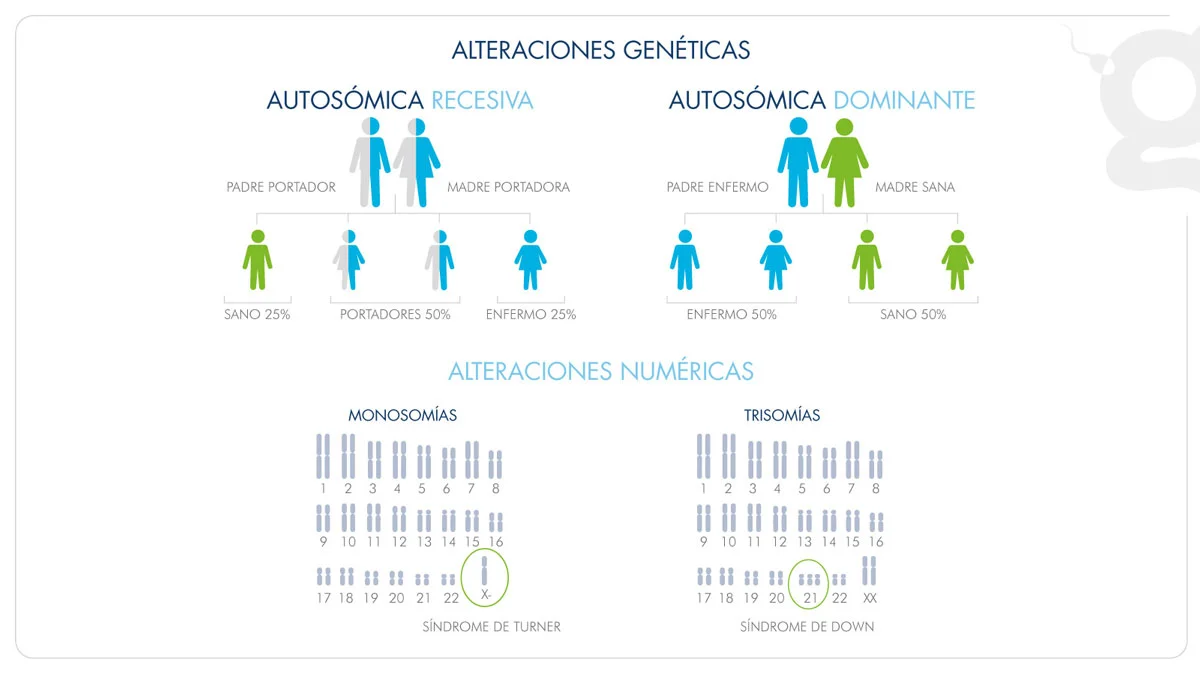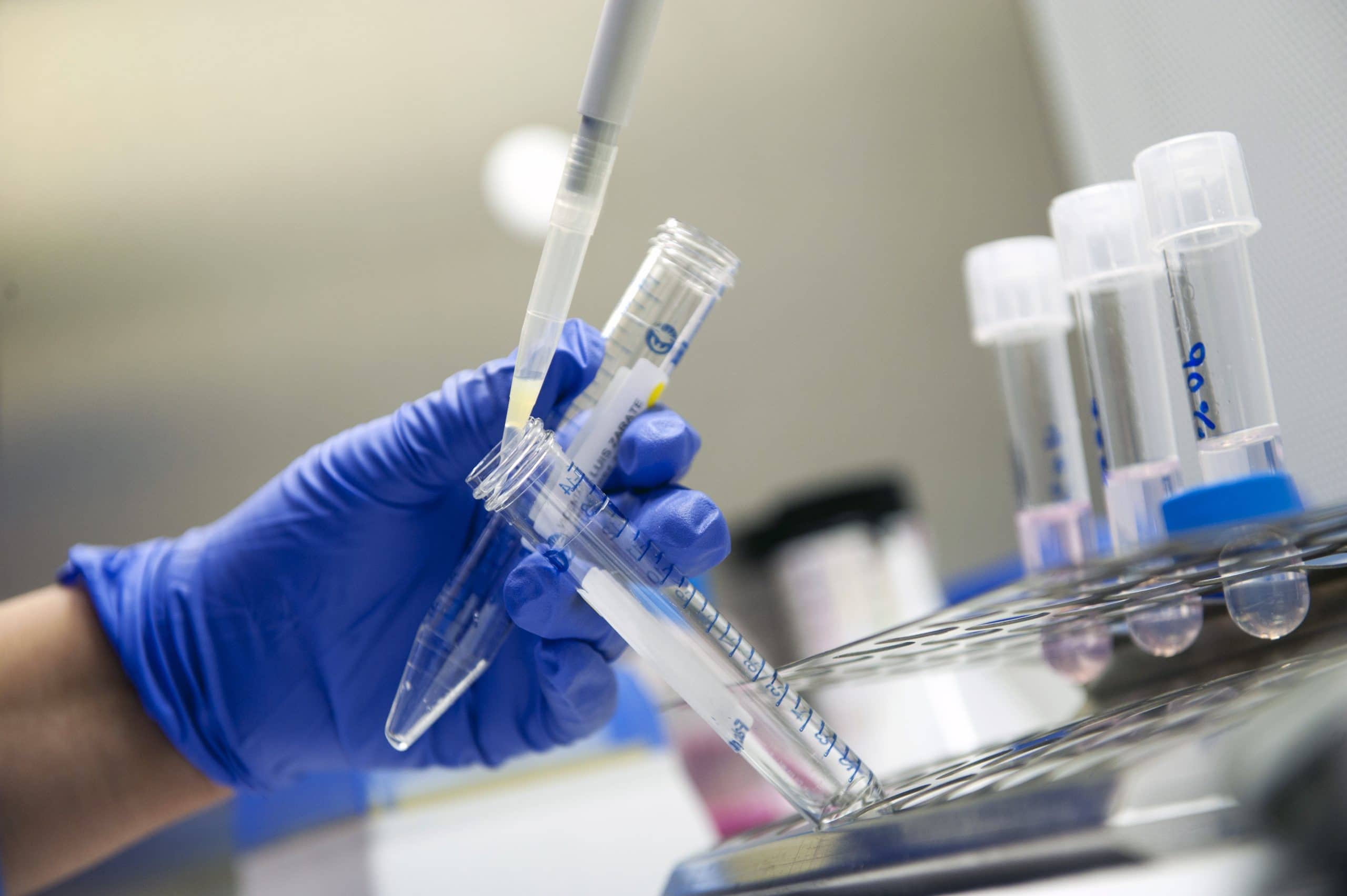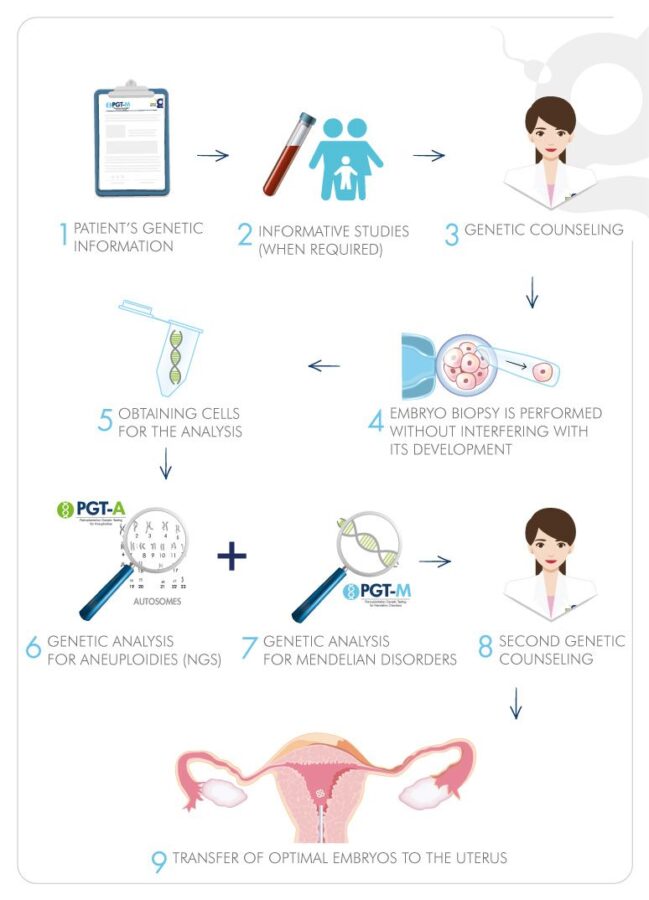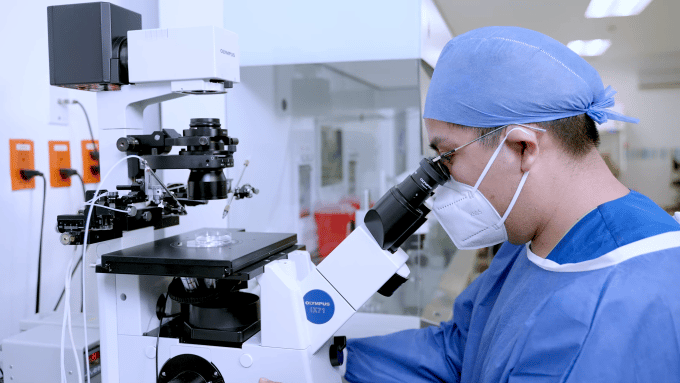Fertility 101
Causes of Infertility
Start Your Journey
I Want to Have a Baby
I Want to Preserve/Freeze
I Want to Donate
I’m Pregnant
Assisted Reproduction Solutions
- First Consultation
- In Vitro Fertilization (IVF)
- IVF with ICSI
- IVF with PICSI
- IVF ABC (Mini IVF)
- ROPA Method IVF
- Multi-cycle IVF Solutions (YSAH)
- PGT-A
- PGT-M
- Gender Selection
- Ovagen: Ovarian Regeneration
- Endogen: Endometrial Regeneration
- Egg Preservation
- IVF MORE®
- Surrogacy
- Implantation Score
- Non-Invasive Prenatal Test
- International Sperm Bank
- Maternal-Fetal Unit
- Emotional Health Unit
- Intrauterine Insemination
- Egg Donation
- Sperm Donation
- Medical Tourism





